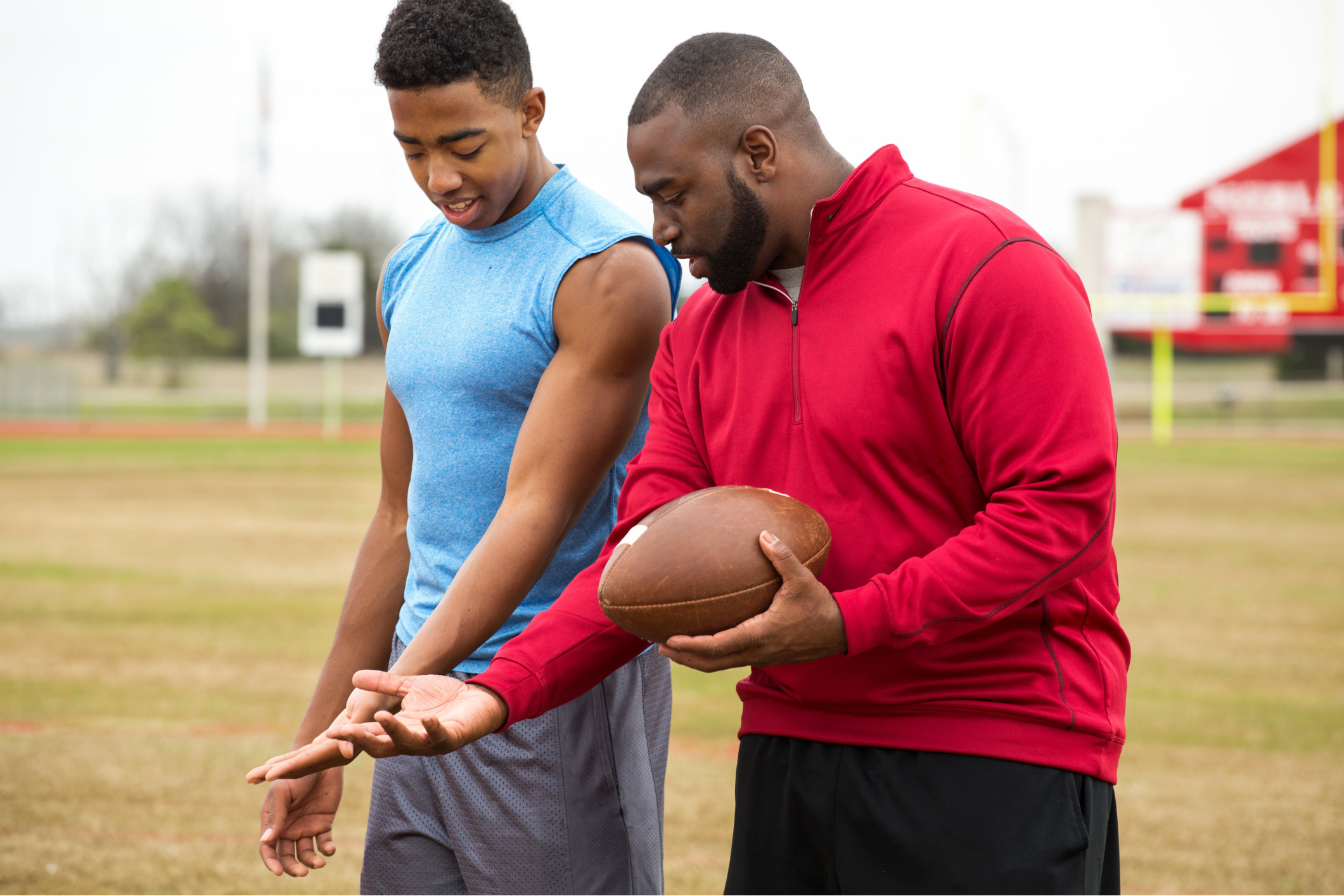
Sleepy student athletes more prone to injury
I don’t think it’s a surprise to any of us that adolescents who are well rested are significantly more pleasant to be around. And it’s not exactly a well-kept secret that the recommended amount of nightly sleep is at least eight hours. But when there’s that pesky thing called school, in addition to “having a life” and extracurriculars, it’s really a surprise children and teens find time to sleep at all – except on Saturday mornings.
And there’s nothing abnormal about any of this. But it is a problem.
In a recent study, covered this past fall by MedPage Today, researchers found student athletes who slept less than eight hours each night were significantly more likely to be injured, statistically speaking. Results were obtained from a single study at Harvard-Westlake School in California, so admittedly, the sample is small. But the findings still advise placing an emphasis on sleep education as a part of injury prevention.
According to MedPage Today, Matthew Milewski, MD of Children’s Hospital Los Angeles, noted that “of the more than 38 million children who participate in organized sports each year, about 10% will receive medical treatment for sports injuries. Roughly half of the injuries are related to overuse, and about 50% of those are believed to be preventable.” So a little extra sleep and time off would seem to be the simple answers, right? But when 68.9% of US high school students are getting inadequate sleep (CDC) now, prevention seems to be an uphill battle. Honestly though, what battle isn’t?
Milewski found several things contributed to greater risk of injury, including training and increased participation and specialization. However, “getting insufficient sleep was the strongest independent predictor of injury” for the 76.7% of students who reported less than the recommended eight hours of sleep. Of that percentage, 57% sustained injuries over a 21 month period that were recorded by athletic trainers, and 38% suffered multiple injuries – numbers that at the very least, suggest “Adolescent athletes may benefit from additional sleep as they get older.”
This isn’t the first study to focus on the need for adequate sleep. MedPage Today referenced a Rhode Island study around delaying the start of the school day, and the CDC suggests sleep leads to risky health behaviors, as well as a public health epidemic.
Even though I’m no longer a student athlete, what I’ve learned here, is that sleep is good. No sleep is bad. And now, the next time I’m late for something because I overslept, at least I’ll be able to use this study as my doctor’s note, and claim my tardiness was for my own safety.

